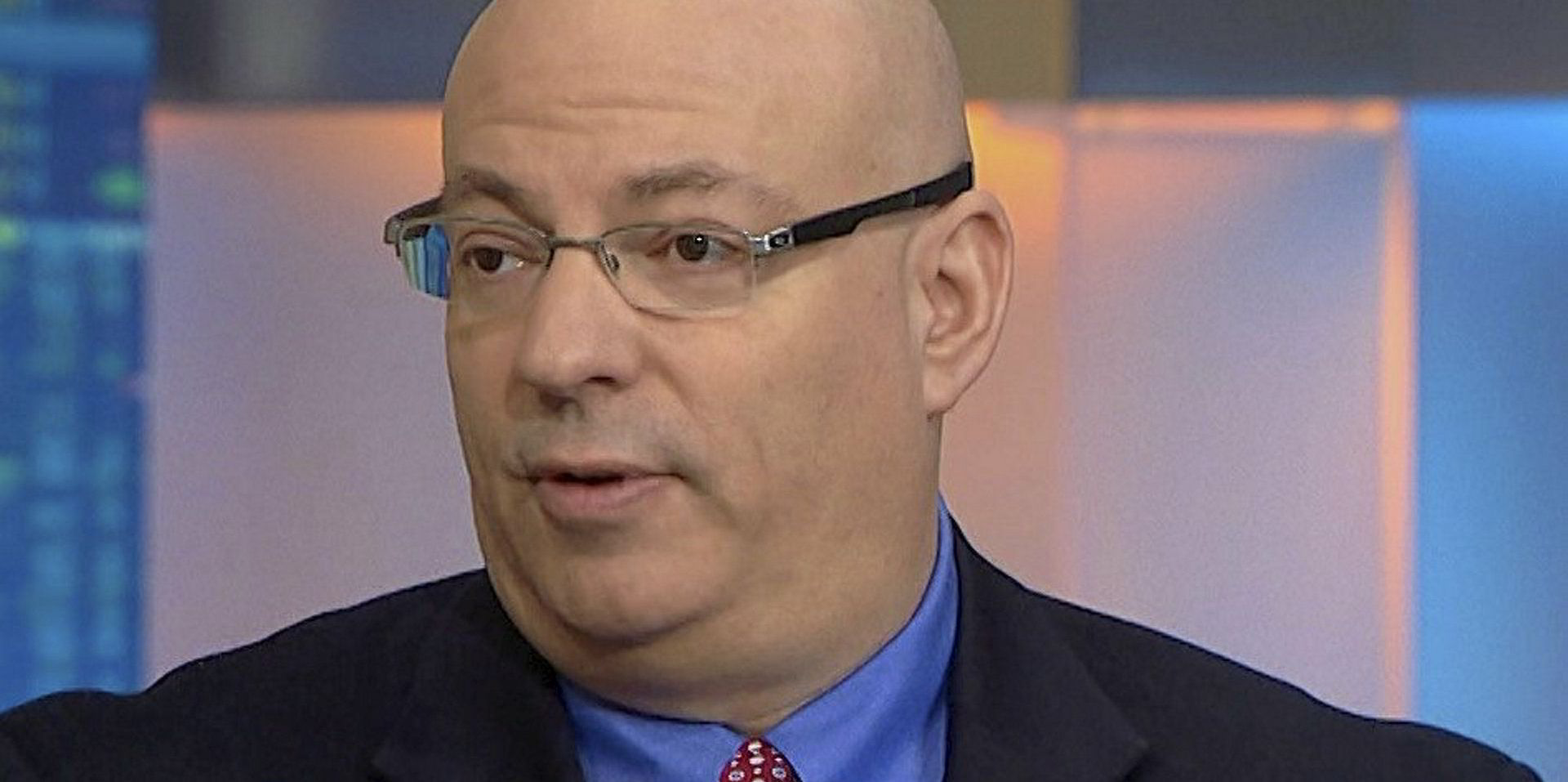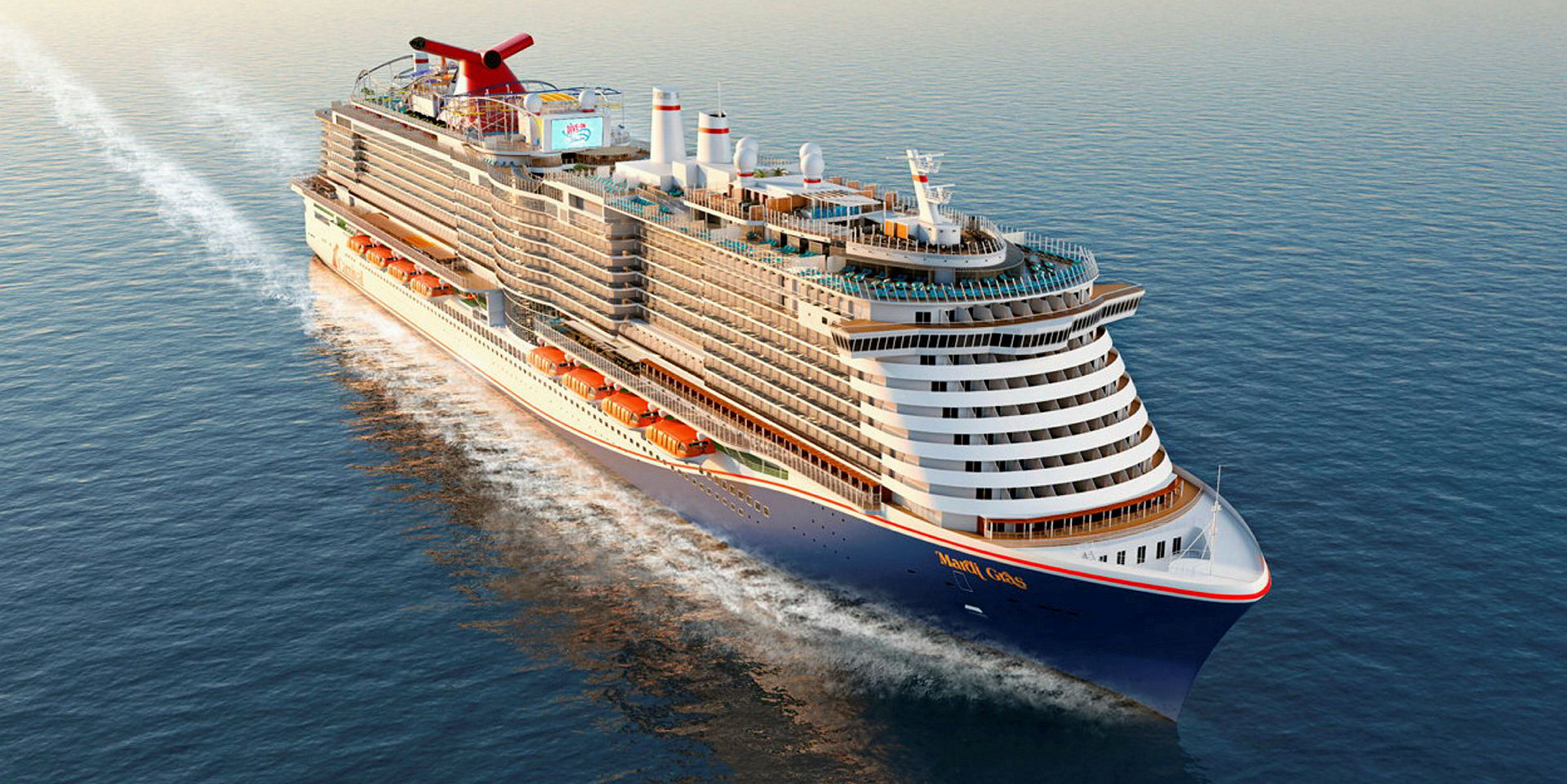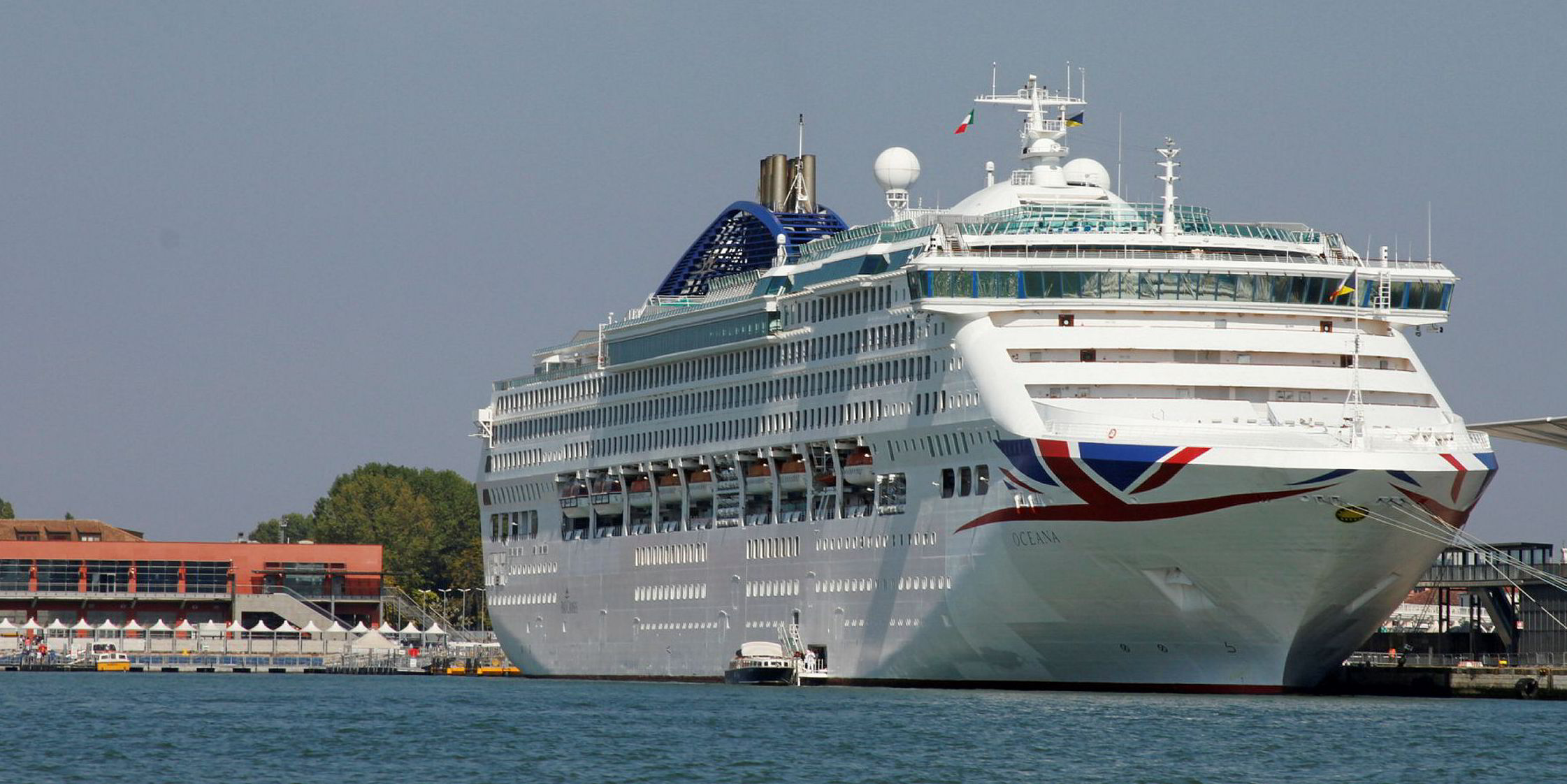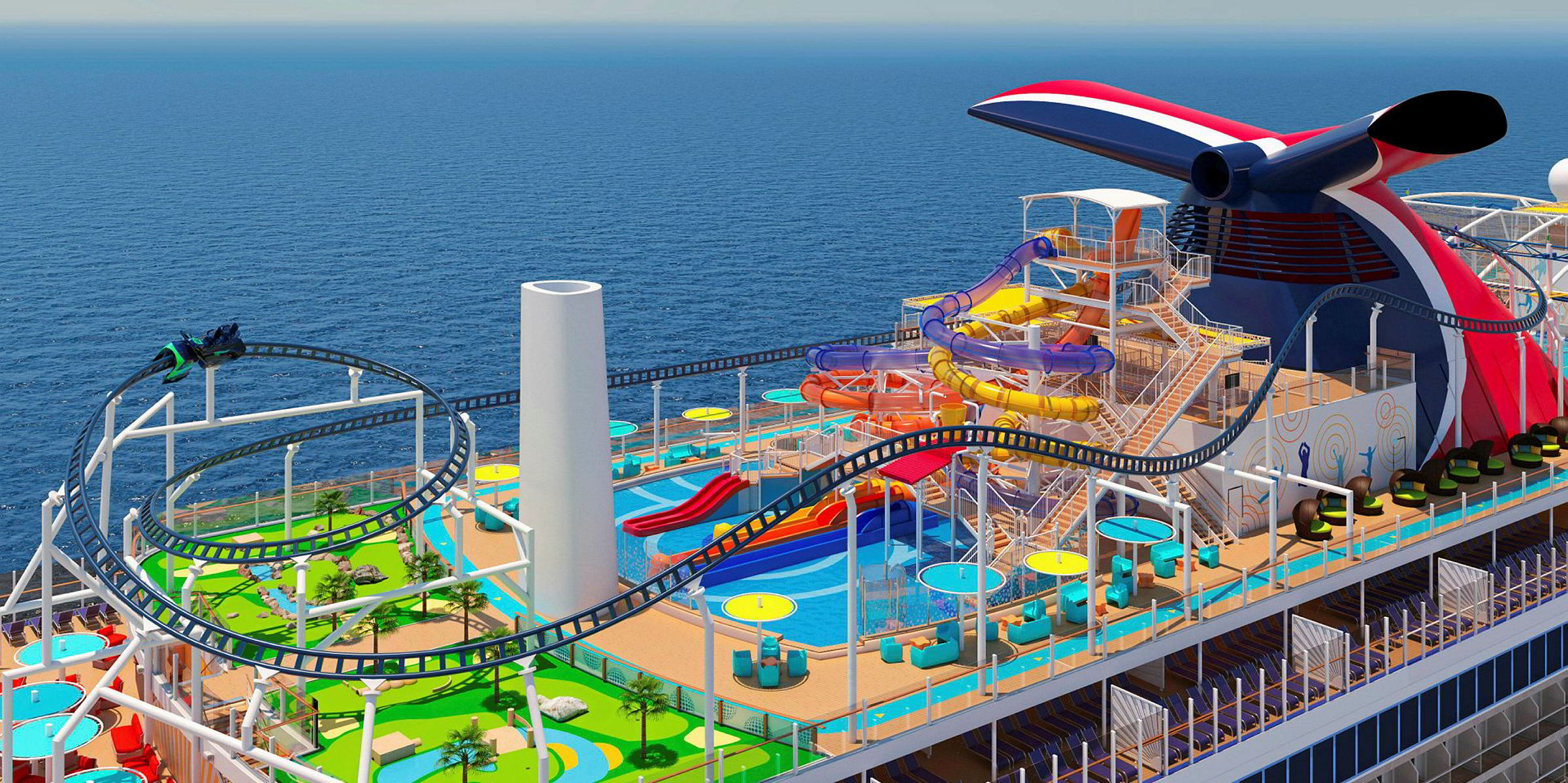Cruise lines hope to begin boarding passengers later this year as they bounce back from Covid-19, but they may then run into another big problem: overcapacity.
Carnival Corp, the world's largest cruiseship owner, has already aired plans to scrap some vessels, and other companies will probably follow suit, but the sector may still end up with too many berths from orders placed before the pandemic brought cruising to its knees, according to Maritime Strategies International (MSI).
The industry has suffered a 72% drop in passenger numbers this year amid mass fleet lay-ups and crumbled yearly demand that may not return to the 30m-passenger mark before 2025, MSI noted.
At the same time, the orderbook makes up 38% of the industry's fleet — the highest ratio for any maritime sector.
'Extra 40,000 berths'
"This year, the cruise sector faces the perfect storm", MSI said in its second-quarter report on the industry.
"Although we expect newbuilding delivery dates to slip as owners seek to delay completion of current orders, and cancellations will further ease some of the supply-side pressure, 40,000-plus berths per annum will still be delivered during 2021 to 2023."
Shipyards are expected to deliver 23 vessels by the end of this year, and 28 in 2021, according to MSI.
A further 27 ships are expected for 2022, followed by 16 in 2023. The orderbook then falls off to seven each in 2024 and 2025, three in 2026 and two in 2027. Italian shipbuilder Fincantieri plans to deliver 34 of those ships.
TradeWinds reported on Monday that Carnival, which owns more than 100 ships, is selling P&O Cruises' 2,272-berth Oceana (built 2000) to an undisclosed buyer.
New York-listed Carnival confirmed the sale a week after Francesco Ferrari, the mayor of Piombino, Italy, revealed that Costa Cruises had sold the 75,200-gt Costa Victoria (built 1996) to the local San Giorgio del Porto Shipyard for scrapping at its Piombino Industrie Marittime facility.
Scrapping will bring some relief

Two weeks earlier, Carnival chief executive Arnold Donald said his company plans to retire six ships within the next three months through sales and scrapping.
Cruiseship owners will find some supply relief through scrapping, but overcapacity will still hurt ticket prices and force them to strike a balance between lay-up and reactivation.
"A reactivated vessel can still be loss-making and be a preferable option for operators and shareholders, provided that the operating loss is less than the cost would be to maintain a vessel in cold lay-up", MSI said in its report.
"What that threshold is will vary depending on vessel and operator."
Overcapacity? What overcapacity?
Not everyone agrees with MSI's projection for overcapacity, however.
"There is definitely not an overcapacity, and 40,000 berths a year doesn't sound like much," Tigress Financial Partners' chief investment officer and research director Ivan Feinseth told TradeWinds.
"If it wasn't for the Covid-19 pandemic, 2020 would've been another record year with an expectation that 32m people would've gone on cruises, up 2m from 2019."
He said cruise represents only 2% of the entire travel industry and continues to experience growth, other than the pandemic disruption, due to its value proposition.
"The industry is adding ships as fast as they can because [there are only a] limited number of places that build them and a long lead time," Feinseth said.
"All three major lines have new ships coming on board over the next 10 years that will continue to drive passenger growth.
"New ships include environmental improvements, lessening their environmental impact. New ships include new features and amenities that drive increasing interest in cruises."








